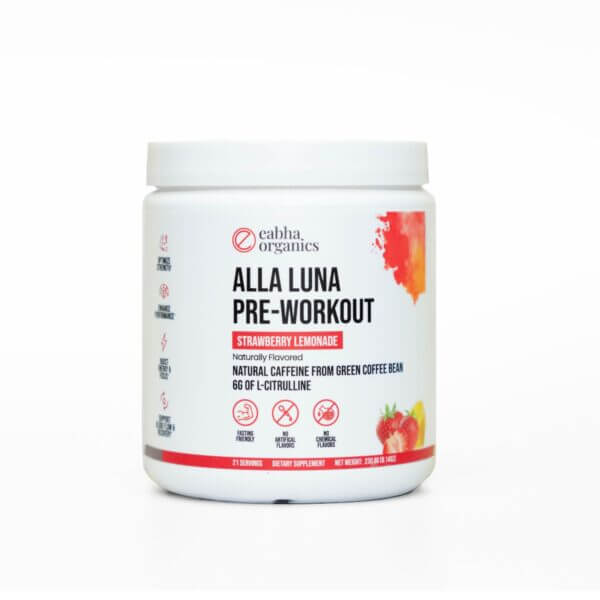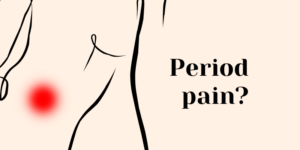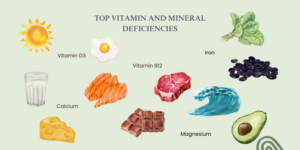Vitamin D3 is one of the key nutrients our bodies need to function optimally. Unfortunately, it is estimated that 42% of Americans are vitamin D deficient.
Did you know between October and March in the Netherlands, vitamin D3 is unobtainable through sunlight? This is a great example of people who need to be mindful and incorporate vitamin D3, from other sources, in their life.
Keep reading this guide to learn why we need vitamin D3, how this nutrient deficiency can affect you, and ways to prioritize it in your life.
Why Do We Need Vitamin D?
Our bodies need vitamin D3 to keep our muscles, bones, and teeth healthy. This nutrient does so by regulating the amount of calcium and phosphate in our bodies. Vitamin D3 is also important because it strengthens our immune system, boosts mood, strengthens teeth and bones, inhibits inflammation, and helps prevent chronic disease.
Did you know a lack of vitamin D can affect people of all ages, including infants? It’s important for infants and children up to 4 years old to supplement with vitamin D3 to prevent bone deformities, like rickets.
Let’s take a look at common signs and symptoms of vitamin D deficiency.
Signs of Vitamin D Deficiency:
Low blood levels of vitamin D can cause symptoms ranging from subtle to serious. Vitamin D3 is so powerful, our body needs it for the prevention of chronic diseases, such as cardiovascular disease, cancer, osteoporosis, osteomalacia, multiple sclerosis, diabetes, and more. Other symptoms, although less serious, can largely affect our daily lives and impact our overall health.
Common Symptoms of Vitamin D Deficiency:
- Fatigue
- Muscle weakness
- Depression
- Hair loss
- Weakened immune system
- Bone pain
- Poor sleep
And more….
If you’re experiencing any of these symptoms, the culprit may be vitamin D deficiency. This can be due to many factors, so knowing what options work best for you and your lifestyle is paramount.
How Can I Get Vitamin D3?
Optimal vitamin D levels can be partially obtained through food, but the majority comes from daily sun exposure.
Depending on where you live, daily sun exposure can help you obtain optimal vitamin D levels. It’s important to factor in the time of year, where you are relative to the equator, how much of your skin is exposed, and even your skin tone to determine how much sunlight you need a day!
Luckily there are apps for this now to help you calculate these factors. In cases where you can’t get enough sunlight daily, you can take a vitamin D supplement to ensure optimal levels.
Foods High in Vitamin D:
- Oily fish
- Beef liver
- Egg yolk
- Red meat
- Foods fortified with vitamin D (cereals, oatmeals, milk, etc.)
If your diet and lifestyle are lacking, a vitamin D3 supplement is a reliable way to ensure optimal blood levels. Vitamin D3 is fat-soluble, so it’s best to take this supplement after a meal containing healthy fats.
It’s clear that nobody should ever underestimate the value of vitamin D. After reading this guide, you can start incorporating this key nutrient to optimize your health.If you have any questions on this interesting topic, please feel free to reach out to us!










6 Responses